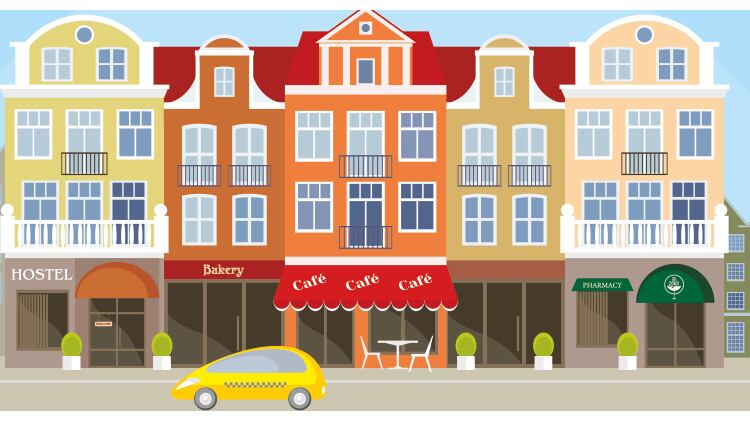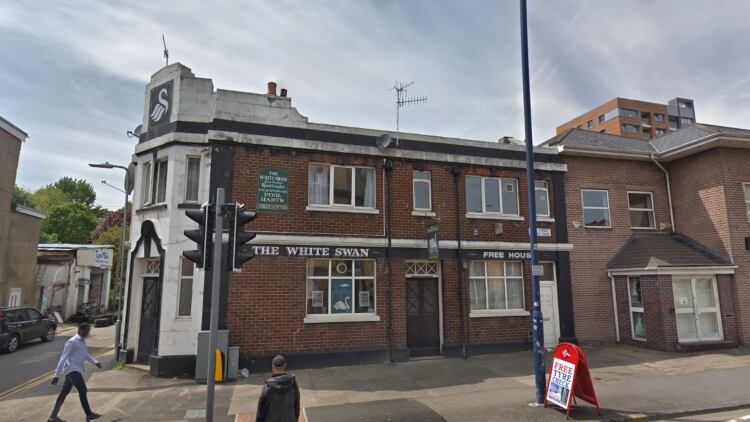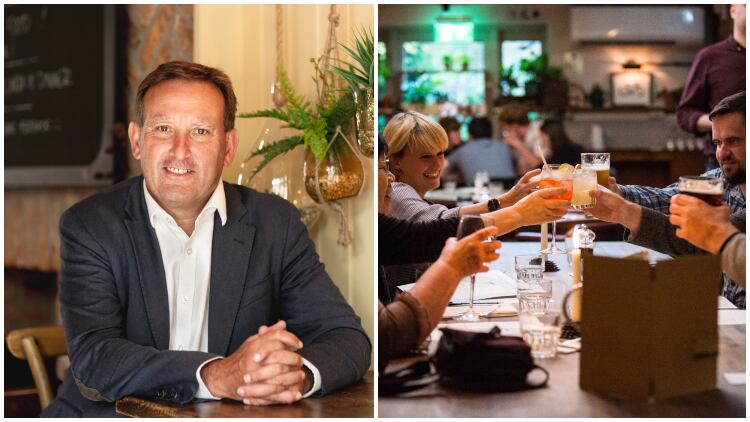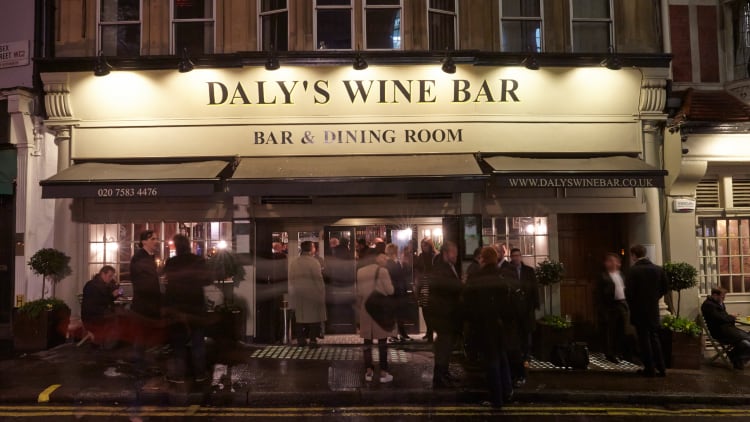While the pub sector’s recent column inches have been dominated by news of accelerated closures and the decline of the high street, an increasing number of pub operators have ventured off the beaten track to spearhead something of a comeback for the industry.
The recent success of regional, multi-site, operators was once again on display at The Publican Awards 2019, for example, with the 12 different pub operators recognised on the night for their success over the year, demonstrating that a creative approach outside of traditional hubs can yield positive results.
Paul Davey, managing director of Davey Co explains: “The privately owned independent multiple-site operator segment of the licensed property market has been an exciting and enduring feature of the wider pubs and inns sector over recent years.
“Davey Co, as the sole property sector sponsors of the MA500 business club for the past four years, which comprises specifically the most dynamic, independently owned niche multiple site operators throughout the UK, has a unique insight into this specific market segment, which is continuing to grow at some pace.”
Trio of traits
According to Davey, successful multi-site regional operators exude three key traits that are integral to their business’s organic and sustainable growth.
“Firstly, close proprietorial management and control of the business as a whole whereby each site exudes the unmistakable feel of an independently owned business over a homogeneous national corporate branded style,” he says. “The selection of the right people and incentives provided to manage each site is critical in achieving and maintaining this whereby there is a total understanding of what is required of them and the site holistically.
“Secondly, regional operators know their market. They have an understanding of their market’s likes and dislikes, they know what works and what doesn’t for their sites in their regional areas. Pricing, menu selections, style of presentation, choice of local wet and food produce; which type, style and frequency of events to lay on and which local interests and traditions to support. A clear understanding of what local competitors are doing, what they are getting right and what they are not and the reasons behind why are recognised as of equal importance to what they are doing themselves.
“Thirdly, but by no means finally, is the standard of service delivery and an unstinting commitment to the maintenance of the standard of service delivery required by the owners to the extent, as much as possible, that they were there running each site directly themselves.
“Recruitment is a key component in achieving this but so too is a commitment to continual staff training and development. This does not mean an expensive third-party structured involvement, it is all about ensuring all staff know where the business came from, how it established itself, how it achieves its recognition and success as a regional business, what its values are and what the customers want and appreciate.”
Leasehold basis often first
Davey adds: “As for how the regional independent pub and inns operators select and acquire their sites, the style and specific location are usually of far greater importance than what the site is currently offering.
“A great many of them prefer to acquire sites on a leasehold basis, often contingent upon securing the opportunity of acquiring the freehold interest further down the line. The reason being this is far less capital hungry, in that they can concentrate their initial capital investment in the operational set-up and presentation rather than acquiring freehold property at the outset.
“Others equally take the view that their investment in the site is best placed by acquiring the freehold only. Generally, the end state of their business plan will determine which route to take in this regard at the outset.”
Valued partnerships
Tim Galligan, operations director at Star Pubs & Bars, which operates 2,700 pubs across the UK – the vast majority of which are leased out to small businesses and entrepreneurs – explains that a large number of successful regional multiple operators have grown their footprint off the back of partnerships with larger organisations, including leased and tenanted pub companies, which have invested time and resources in helping them grow.
“The pub landscape has become more exciting and lucrative over the past few years,” he explains. “Good multiple operators are finding it easier to secure funding today for expansion and with the high street under pressure and an uncertain economic climate, multiple operators are finding it easier to acquire new sites. Star is helping operators access available sites and developing the right commercial framework with them for both parties to succeed.
“Multiple operators, small and large, are focused on pub location as a prime factor when making decisions about growth, leading to fierce competition for pubs with good demographics.
“The level of interest shown by regional multiple operators taking on pubs with Star has risen significantly on the back of the Punch acquisition due to the sheer number of pubs in our estate. The acquisition of the pubs from Punch has also introduced us to new multiple operators we hadn’t been involved with before.
“The leased and tenanted sector continues to offer multiple operators an opportunity to expand due to the relatively low financial cost of entry. It allows them to invest their cash in driving business growth and subsequent strong returns. Working with Star is an attractive option, based on our appetite to invest and develop a shared vision for every pub. Being committed to the leased and tenanted sector and the great British pub for the long term, gives multiple operators confidence they are working with a long-term partner.”
Stay on-trend
While echoing the point made by Davey that a regional operator’s invaluable local knowledge provides strong foundations upon which they can grow a regional, multi-site pub business, Tom Cunningham, director in the licensed leisure team at Savills, explains that the best operators run businesses that are flexible enough to stay abreast of changing consumer tastes.
“Regional pub operators often have a strong understanding of their local market and the desires of the catchment population,” he says. “It is from this base that they can build on their success to expand their reputation and reach.
“Running a small number of pubs successfully allows more flexibility in terms of responding to changing customer needs and creating a pub that complements the surrounding area through design, food and alcohol menus and events.
“Manchester is a real hub for successful regional operators that have the potential to look to nationwide expansion. Albert’s Schloss beer and cocktail bar, Crazy Pedro’s and Dockyard bars are all examples of local operators that have started expanding following success.
“Regional pub operators are often more budget-conscious and less likely to overspend on rents in order to open in a destination just to be seen. This allows them a little more flexibility in location and the ability to tailor their offering to the surrounding area.”
To find out more about pubs for sale, lease and tenancy visit our property site.




